
Private Government
How Employers Rule Our Lives (and Why We Don't Talk about It) (The University Center for Human Values Series)
Recommendation
Philosophy professor Elizabeth Anderson presents a brief, thought-provoking and entertaining discussion of history, philosophy, economics and politics in this exploratory debate about workers’ rights in the United States. In the first half, she shares her provocative view of US workers as subject to the whims of bosses with an incredible range of powers. In the second half, she invites her academic peers to critique her position. The result will make any worker, boss or analyst who likes academic arguments think twice about the nature and fairness of employment in America.
Summary
About the Author
Professor Elizabeth Anderson teaches and researches moral and political philosophy and women’s rights at the University of Michigan.







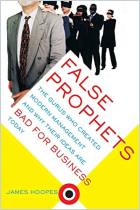
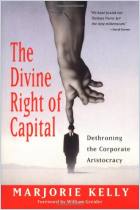
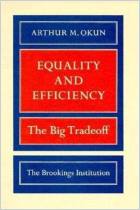
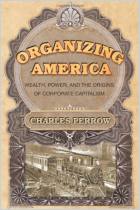
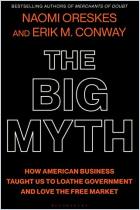
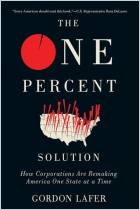




Comment on this summary or Start Discussion